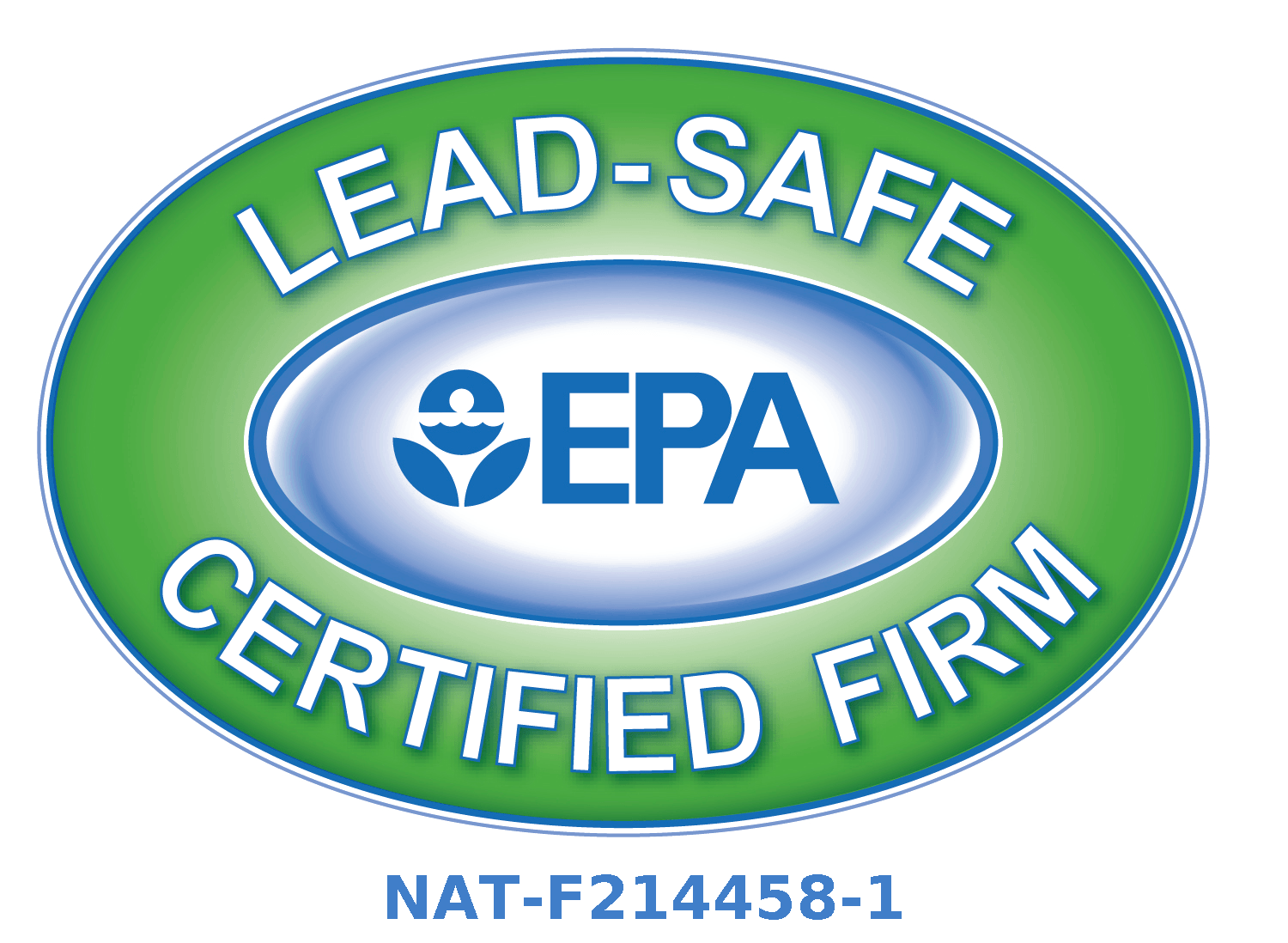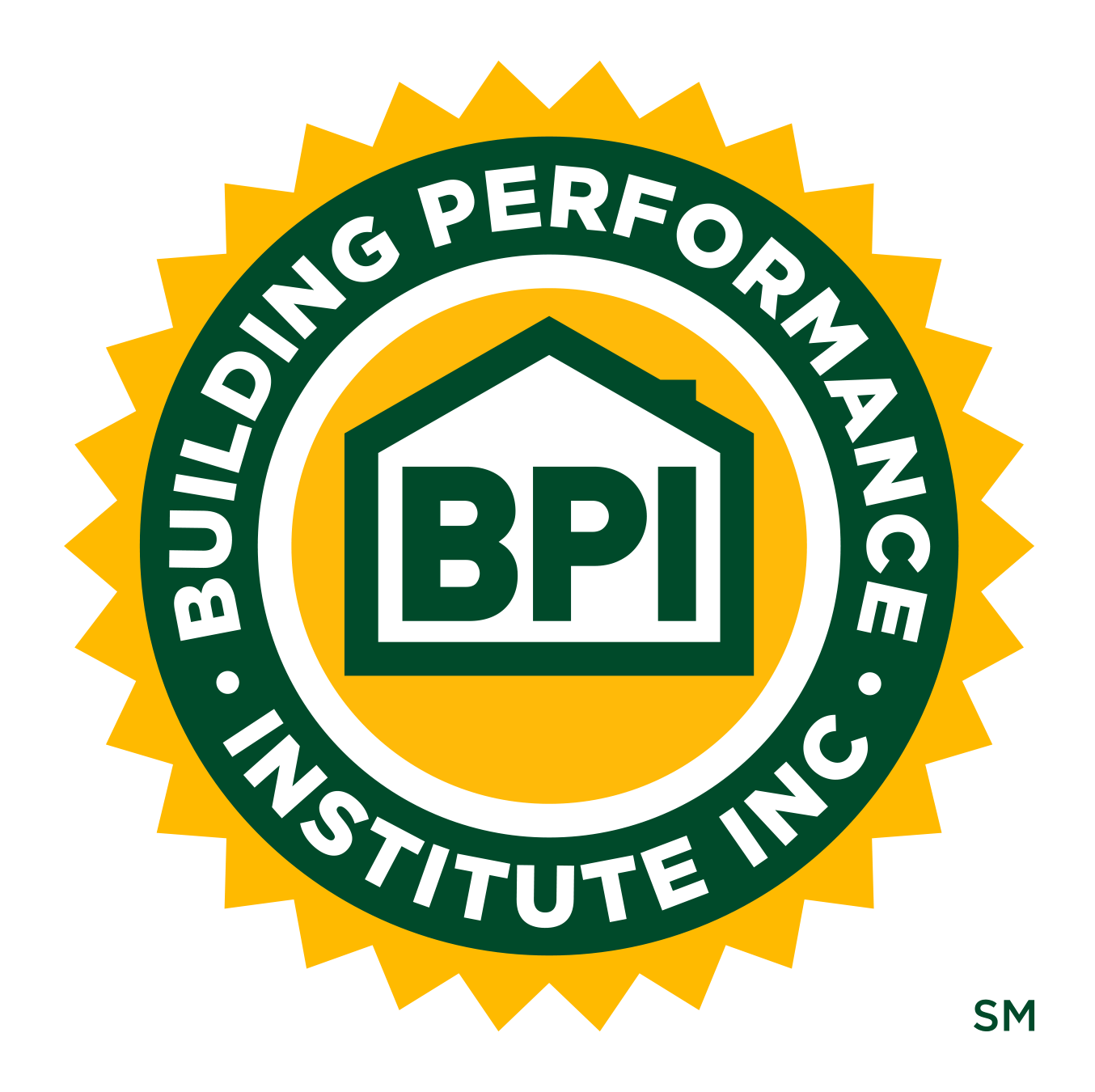To Schedule Service, Call Us At (202) 543-4884 | We're Hiring - Apply Now
Dealing with persistent plumbing backups can be frustrating and inconvenient for homeowners and business owners alike. Not only do clogged pipes lead to slow drains and foul odors, but they can also cause extensive damage to your plumbing system and property if left unaddressed. Let's explore some of the most common reasons why your plumbing keeps backing up and offer effective solutions to tackle these issues.
Accumulation of Foreign Objects
One of the primary reasons for plumbing backups is the improper disposal of foreign objects down the drains. Items such as grease, cooking oils, food scraps, hair, hygiene products, and even small toys can easily find their way into the plumbing system and create blockages over time. To avoid this, always use drain stoppers or screens to catch debris, and educate everyone in your household about proper waste disposal. Periodically cleaning your drains is an essential preventive measure. Consider using natural solutions like a mixture of baking soda and vinegar or opt for professional
drain cleaning services. Regular maintenance can help prevent buildup and reduce the risk of clogs.
Tree Root Infiltration
In outdoor plumbing systems, tree roots can be a significant concern. As trees seek moisture and nutrients, their roots can infiltrate tiny cracks and joints in underground pipes, causing blockages and potential pipe damage. If you suspect tree root infiltration, it's crucial to seek professional assistance. A qualified plumber can use specialized tools like sewer cameras to inspect the pipes and determine the extent of the root intrusion. Regular maintenance, such as hydro jetting, can help clear roots and keep your pipes flowing smoothly.
Aging and Corroded Pipes
As plumbing systems age, pipes can corrode and degrade, leading to narrowed passageways that are prone to blockages. Old cast iron or galvanized steel pipes are particularly susceptible to corrosion. For severely corroded pipes, replacement is often the best long-term solution. Modern materials like PVC, copper, or PEX are more resistant to corrosion and can extend the life of your plumbing system. Alternatively, pipe relining is a cost-effective option that involves creating a new pipe within the existing one, reducing the need for excavation.
Flushing Non-Flushable Items
Flushing non-flushable items down the toilet is a common mistake that can result in serious clogs. Items like wet wipes, cotton balls, dental floss, and feminine hygiene products do not break down easily and can cause blockages in both toilets and sewer lines. Educate all members of your household or employees about what can and cannot be flushed down the toilet. Provide clear signage in bathrooms and consider supplying trash cans to encourage proper disposal.
Incorrect Slope or Poor Ventilation
Plumbing systems rely on gravity to move wastewater away from your property. If the pipes have an incorrect slope, or if there's poor ventilation, water can become stagnant and contribute to clogs. Consult a professional plumber to assess your plumbing system's slope and ventilation. They can make necessary adjustments and ensure proper water flow to prevent backups.
Contact Fry Plumbing for Your Plumbing Problems
Plumbing backups can be avoided with regular maintenance, responsible waste disposal, and proper usage. However, if you're already experiencing frequent backups, it's crucial to identify and address the underlying issues promptly. Whether it's clearing clogs, repairing damaged pipes, or performing preventive maintenance, involving a licensed plumber is the key to keeping your plumbing system in top condition and ensuring a smooth and stress-free plumbing experience. Contact Fry Plumbing, Heating and Air Conditioning for proactive care today, and save your system from more extensive and costly problems in the future.
Contact Us
For more information or to schedule service, call us at (202) 543-4884 or fill out the form below.
Contact Us
We will get back to you as soon as possible.
Please try again later.
Contact Us
327 L Street Northeast Washington, DC 20002
Washington, D.C. License # 603
Northern Virginia License # 2701 02 4849A
Maryland License # 14696-01
Looking for our non-profit? Click Here!

The information on this website is for general information purposes only. Fry Plumbing & Heating Corporation is licensed & insured for the job. Call (202) 543-4884. Email with any questions you may have regarding this website, or anything associated with it.
All Rights Reserved | Fry Plumbing & Heating Corporation



